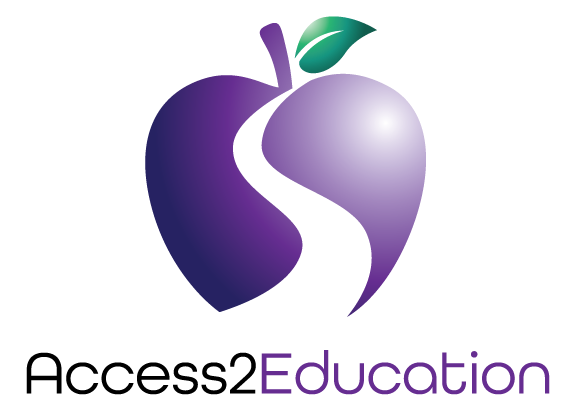The Power of the Word Dyslexia
The Power of a Word!
Have you ever used a word and felt the power of that word? When it comes the learning disabilities and powerful words, there are none more powerful then the actual name of the learning disability or learning difference. For some naming the disability gives them power through understanding and knowledge.
Have you had psychological report come home with the word “Specific Learning Disorder” rather then writing ‘Dyslexia’ on the report? Seems to me it’s like the word Voldemort, if you don’t say it, it wont hurt you. I would argue we need to use it, and that’s not just with Dyslexia, I argue it’s needed with all challenges.
If you were diabetic and needed insulin to be healthy, you’d say so. Why do we act different around learning disabilities.
Why are not naming Dyslexia instead of calling it a Specific Learning Disorder?
I was diagnosed with Dyslexia back in the mid-80’s. I don’t remember much about it except being taken to a psychologist where I did a number of “games” for two days. After all the assessments all I knew was that I was struggling to read and write and that my parents promised to get me support. They did that by having me in a small classroom with 8 students, all with learning challenges.
As I learned tools to help support my learning, became more confident and then more independent I was integrated into regular classrooms. By grade 9 I was 100% integrated back into classes with peers.
Dyslexia now a days seems like the word “Voldemort” in Harry Potter. Some how over the years is seems that the word has had to go underground. Students and families who have Dyslexia are not allowed to call it what it is.
On my sons most recent Psych Ed report, the word Dyslexia is not specifically written. Rather the psychologist used the words Specific Learning Disorder which puts his needs more specifically based on difficulty with Phonological Awareness. We knew from that that we were dealing with Dyslexia but it was never written in the report.
If you’ve read Harry Potter you know that none of the characters want to use the word Voldemort for fear of giving that person too much power. The implication being if you don’t say it then it doesn’t exist. When we look at learning disabilities, naming them doesn’t give the disability power…. It gives the families and the individual the power to understanding their needs.
The difference between a Specific Learning Disorder and Dyslexia
Don’t Be Afraid to Name it!!!!
I have chosen to tell my children specifically what their learning disability is. As a child I learned early on about my disability and this made me feel powerful. With my own children I wanted to give them the power to decide how they were going to see themselves. When I work with families we work together to understand the report.
In supporting them to understand the terms used and what it means specifically provides them understanding and power.
Just this fall the Ontario Human Rights Commission has launched an investigation into The Right to Read . Though this inquest is not looking into the use of the word Dyslexia, they are exploring how to support students with reading needs.
As families with children with learning challenges we need to empower our children with the knowledge to understanding and advocate for themselves.
If you are struggling with knowing what to tell your child go slow. If you are comfortable with naming it do so. If not, don’t. Remember that whatever you decide is the right choice for you and your family.
Have you gotten your FREE IEP Binder Organizer yet? Join our mailing list to get yours and help keep your child’s school documentation in order.
Follow me on Instagram @access2educationtoronto and Facebook.











June can be a scary time of year for those who struggle with transitions. Looking at BIG T Transitions and little t transition can help you build a transition to ensures the success of your child.